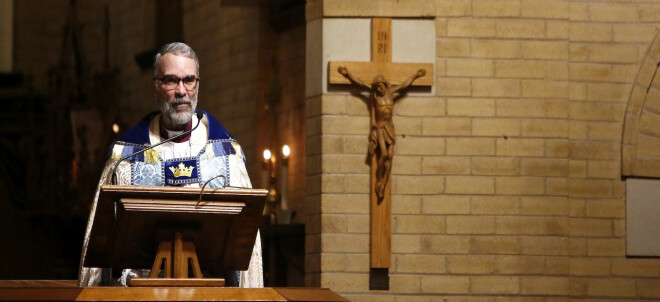On Shrines

To be an Episcopalian, i.e. an American in the Anglican tradition, in Texas is to live at several intersections. We are inhabitants of a relatively new country and, for us, continent (relatively). We aren’t old enough to have a shrine, and we aren’t great at venerating anyway. At the same time, we live where others have lived, longer, and before us. There is an older tradition of pilgrimage and asceticism in the Catholicism of Spanish New Mexico, not to mention native people who had sacred places, which we could little understand. Meanwhile as Episcopalians we always live at the intersection of catholic and reformed. For the former the shrine, relic, and pilgrimage were important aspects of the Christian life, ways to partake of an on-going history of devotion. For the latter these are the things, which must come down if true worship of Christ is to rise. Meanwhile, in our own culture, pilgrimage is making a big comeback, and I can see why. Walking, slowing down, leaving the busyness, feeling kinship with fellow travelers, thinking about something older- they are all good for us, spiritually as well as personally. Who doesn’t look at that map of trails headed to Canterbury or Durham or Santiago or even Taize with interest and dial up the travel agent?
Walk on, I say! But bring with you the state of being of two minds (here different from the ‘limping between two opinions ‘ of the Old Testament). Give your heart to the journey, and question it too. For to the reformed catholic these things have a qualified validity. They are to make us see through them and on to Christ. They are to erase their own traces. They are to relocate their sanctity into that place which is His ascended presence, which is actually, equally everywhere. Something similar can be said of that sacred space which is your local parish. Getting in your car and driving there is also supposed to have a pilgrim metaphoric value. We are religious creatures, and pilgrimages are appealing, but on our own religious experience we place no trust, but only on the one to which, redeemed and redirected, such experience points. The reformed catholic affirms and relativizes all these things, because he or she sees them as symbols of that new and true temple which is first His crucified and risen body, and secondly his people wherever they may be.
Peace
+GRS



